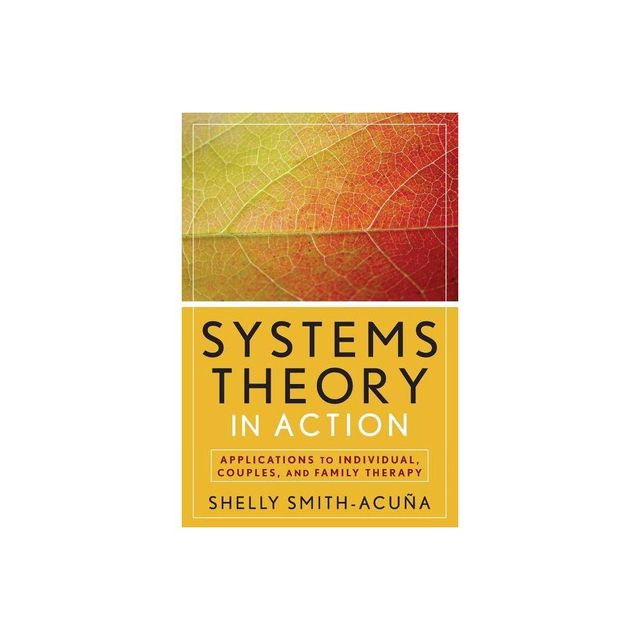Home
Vital Democracy: A Theory of Democracy in Action
Loading Inventory...
Barnes and Noble
Vital Democracy: A Theory of Democracy in Action
Current price: $140.00


Barnes and Noble
Vital Democracy: A Theory of Democracy in Action
Current price: $140.00
Loading Inventory...
Size: OS
*Product Information may vary - to confirm product availability, pricing, and additional information please contact Barnes and Noble
Vital Democracy
outlines a theory of democracy in action, based on four elementary forms of democracypendulum, consensus, voter and participatory democracythat are thoroughly analyzed, compared and related to both the literature and the real world of democracy. Just like a few primary colors produce an array of shades, a few basic models of democracy appear, the author argues, to constitute a wide range of democratic variants in real life.
Focusing on tried and tested democratic institutions, Frank Hendriks shows that the four models of democracywith their divergent patterns of leadership, citizenship and governance, their inherent strengths and weaknessesare never purely instantiated. He argues that wherever democracy is practiced with some level of success, it is always as hybrid democracy, thereby challenging those democratic reformers and theorists that have inspired the quest for democratic purity.
builds on Arend Lijphart's well-known work which distinguishes between majoritarian and consensual democratic countries but also goes well beyond it, urging attention to non-national, non-formal, and non-representative expressions of democracy as well.
outlines a theory of democracy in action, based on four elementary forms of democracypendulum, consensus, voter and participatory democracythat are thoroughly analyzed, compared and related to both the literature and the real world of democracy. Just like a few primary colors produce an array of shades, a few basic models of democracy appear, the author argues, to constitute a wide range of democratic variants in real life.
Focusing on tried and tested democratic institutions, Frank Hendriks shows that the four models of democracywith their divergent patterns of leadership, citizenship and governance, their inherent strengths and weaknessesare never purely instantiated. He argues that wherever democracy is practiced with some level of success, it is always as hybrid democracy, thereby challenging those democratic reformers and theorists that have inspired the quest for democratic purity.
builds on Arend Lijphart's well-known work which distinguishes between majoritarian and consensual democratic countries but also goes well beyond it, urging attention to non-national, non-formal, and non-representative expressions of democracy as well.


















